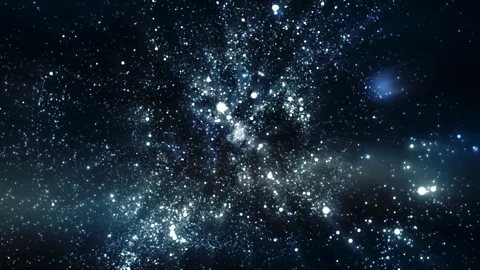Homo Spaciens: How humanity will leave Earth behind
 Shutterstock
ShutterstockWelcome to a BBC Future special series about how we will live beyond Earth.
In the timeline of human history, our species’ time spent exploring the Universe outside our planet is a mere blip.
Yet in the few short decades since we first ventured into space, our ambitions have switched from simply staring at the stars to the profound idea that our species may eventually live away from Earth and inhabit other worlds. This will change the very nature of what it means to be human – for the first time in our species’ existence, we may call more than one planet home.
Over the next two weeks, BBC Future will be exploring this next stage in our history in a special series called ‘Homo Spaciens’. We’ll be covering some of the most fascinating questions about life in space.
The environments we must deal with are more inhospitable than anywhere on Earth. How will we cope? We’ll be looking at what astronauts will need to do to survive the crippling cold of a lunar night if we’re to build a permanent Moon base.
Then there’s the isolation. How will future space explorers cope with being so far away from loved ones and the familiar sights of home on missions that stretch from months into years?
And when we do eventually settle space colonies, how will their inhabitants view Earth? Might they eventually want independence from our political systems, for instance?
We’ll also be looking at the structures that are already ing our great leap star-wards, such as the International Space Station (ISS), which British astronaut Tim Peake is travelling to in December. We’ll be profiling the ISS – the most expensive object we have ever built – in an in-depth interactive infographic and a special feature article by our space correspondent Richard Hollingham.
us on this journey. Earth – and humanity – will never be the same again.
